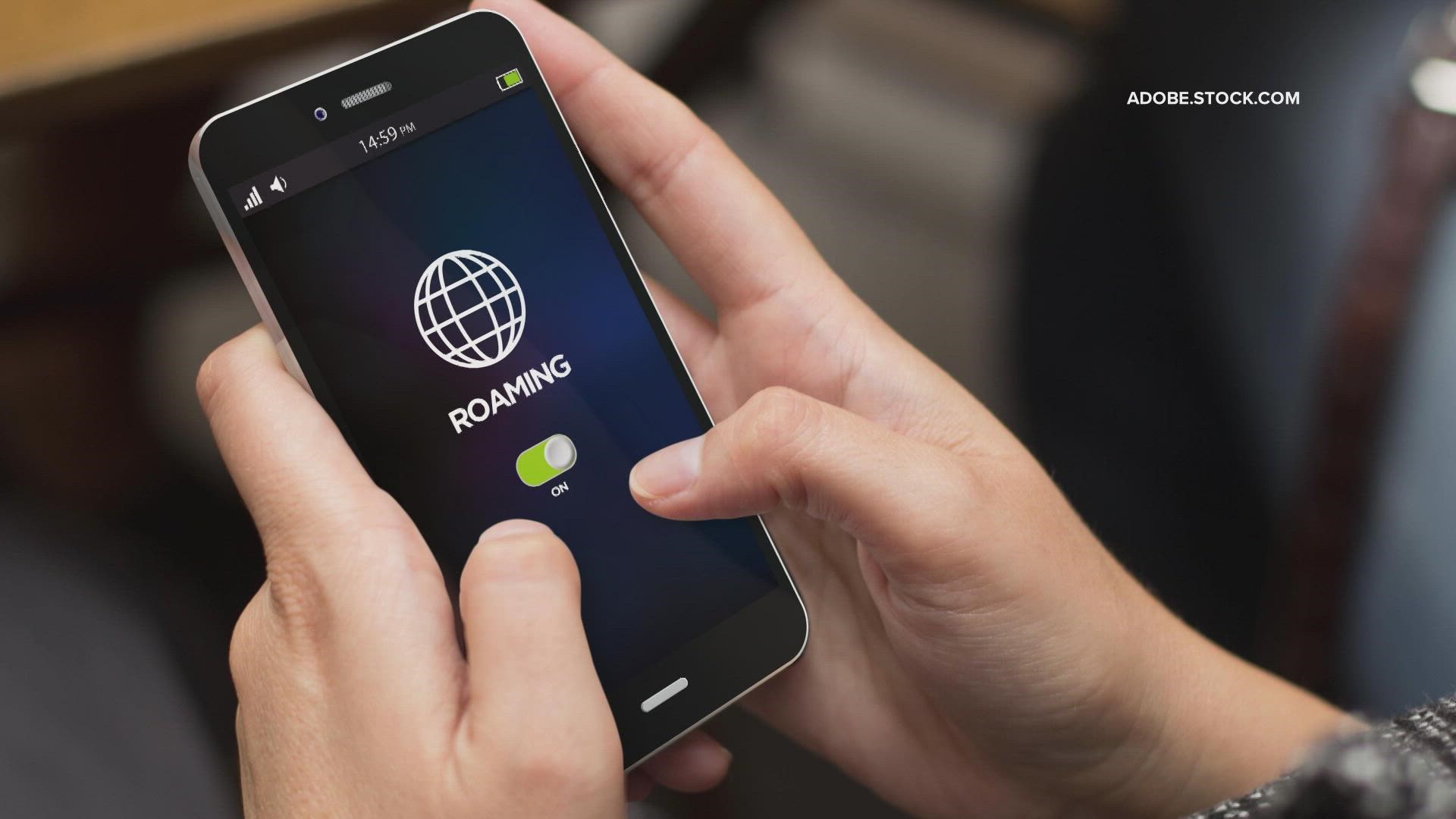PORTLAND, Maine — More people are now traveling domestically and internationally than over the past couple of years. Whether it's a trip across the border to Canada or to Europe or beyond, there is no shortage of things to consider.
One of those is your phone and the service you have for international travel. The 207 Tech Guy Rich Brooks from New Flyte Media joined us to offer some tips for keeping your phone bill down while you travel.
If we're planning on traveling abroad, what do we need to consider when it comes to our smartphones?
The big things we need to consider are our data plan, how to keep our phones charged, and how to limit our usage so that we don't rack up huge unexpected bills.
There's no one size fits all, so the solution you choose may depend on your carrier, the type of traveler you are, which countries you're visiting, and how long you'll be away.
What do we need to know about our data plan?
Every carrier handles international travel differently, so you should start by talking to your carrier. Some carriers offer day passes, limited international text and talk plans, and the dreading roaming charges.
You can also buy a SIM card for your phone from a local cell provider once you arrive which will give you local rates, but also a new phone number. Some people even recommend buying a cheap phone while you're abroad just for emergencies.
You can also try and limit your cellular needs by leaning into hotspots and wifi, using wifi-based communication apps like WhatsApp, Skype, and FB Messenger.
Not every country uses the same style of outlets that we use in the U.S. How can we keep our devices charged?
I'd recommend a combination of portable chargers and wall adapters. Portable chargers come in a wide range of sizes and offer different amounts of charge, but can be important if you're the type of traveler that won't always be near an outlet.
You should also research the type of outlets in the countries you visit and purchase a converter that will work with your devices.
What are some other tactics for reducing our reliance on cell service while we're traveling?
Download all the travel apps you'll need ahead of time. This may include your airline's app, local maps, The Metro or Tube app, etc. I'd also take screengrabs of all tickets and confirmations so you have them even if you can't connect. iPhones have an app called Wallet and Android phones have Google Play which also allows you to collect tickets for offline usage.
You should also go into your preferences and shut off a lot of the automatic downloads and fetches. And those Instagram and similar notifications you get? Shut those off because otherwise, your phone will be using up a lot of minutes checking to see if you have any new notifications.
Finally, consider the long waits you may have for planes, trains, and automobiles. Some streaming services like Netflix and Spotify allow you to download some content ahead of time. Just keep in mind that if a video you download isn't available in the country you visit, it likely won't play.

